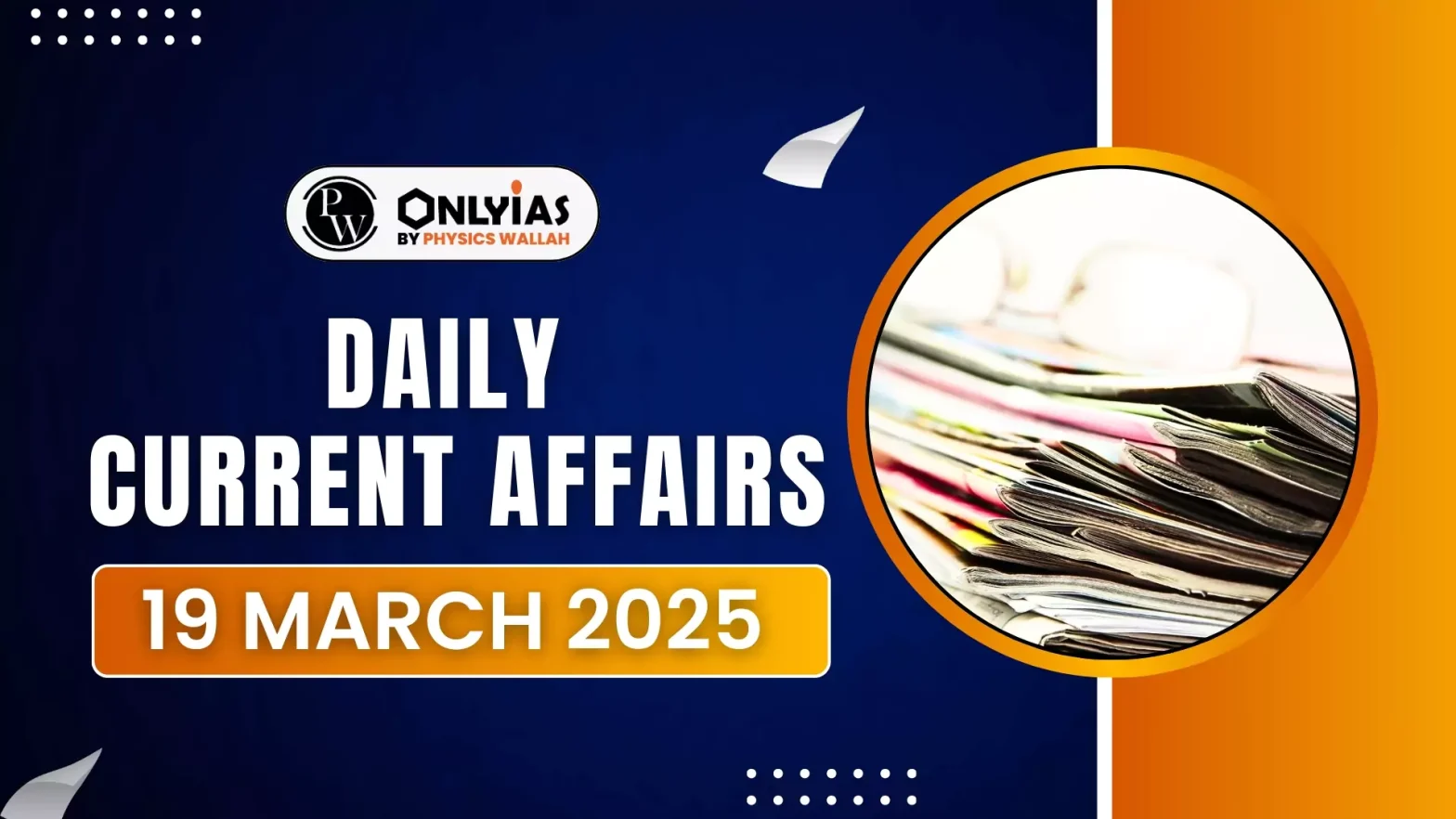![]() 19 Mar 2025
19 Mar 2025

A recent global survey by The Future of Free Speech has ranked India 24th out of 33 countries in terms of support for free speech.
About The Future of Free Speech:
|
|---|
Free Speech in the Indian Constitution:
Constitutional Provisions:
Reasonable Restrictions:
Supreme Court Judgements on the Freedom of Speech and Expression:
|
|---|
<div class="new-fform">
</div>